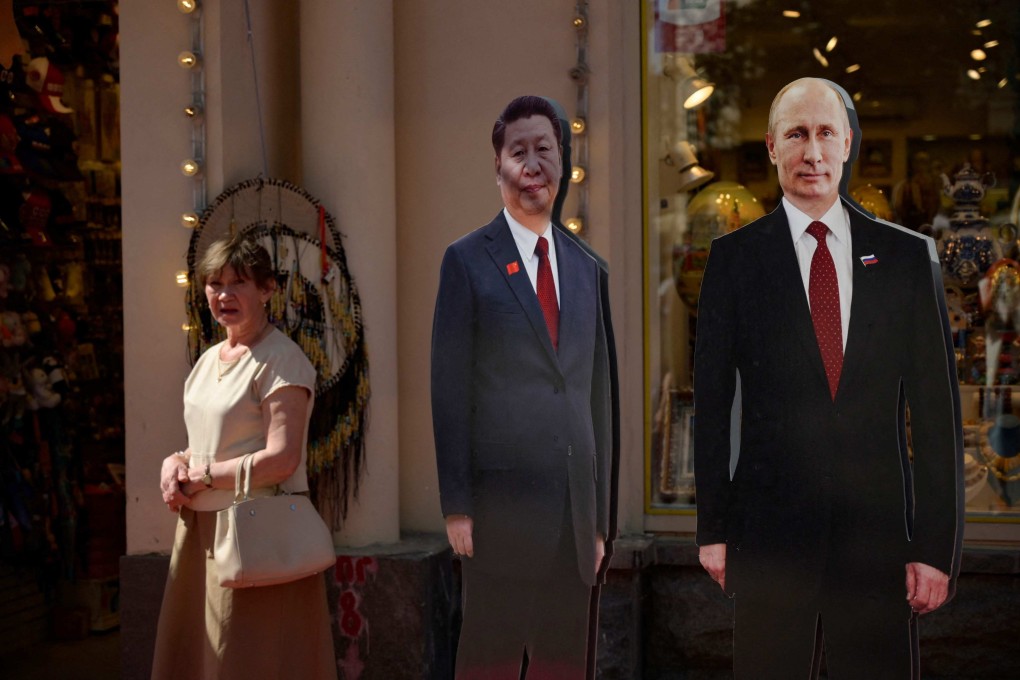Advertisement
Opinion | Wagner mutiny shows China’s ‘no limits’ partnership with Russia is a risky bet
- It is in Beijing’s interests to have Putin firmly in power, keeping Russia’s borders stable, fuel supplies to China safe and the West distracted
- However, as the Wagner mutiny has pointed to the possibility of internal turmoil in Russia, China needs a Plan B
Reading Time:3 minutes
Why you can trust SCMP
29

The aborted mutiny in Russia by the Wagner private mercenary group, led by its chief and financier Yevgeny Prigozhin, sent a clear signal to Chinese President Xi Jinping: China’s “no limits” partnership with a revisionist Russia under Vladimir Putin, devised by the two sides as a counterweight against the United States and its Western allies, is a risky bet.
The Ukraine war has been degrading Russia’s geopolitical, military and economic potential. As many observers expected, the reverberations of Putin’s military adventure are also being felt in Russia domestically. The armed offensive launched by Prigozhin, with his private troops coming as close as 200km of Moscow, showed that a civil war in Russia propelled by repeated Russian military setbacks in Ukraine is no longer implausible.
Marginalised by the West for its aggression in Ukraine, a Russia affected by internal instability and political infighting cannot play a significant international role. This is especially true of Moscow’s confrontation with the West, which is China’s primary focus in its engagement with the Kremlin.
Advertisement
Indeed, the first signs of Russia’s waning international influence are emerging. Last week, Kazakhstan said it would stop hosting discussions between Russia, Syria, Turkey and Iran aimed at resolving the Syrian conflict, a move which reportedly surprised the Kremlin.
This suggests that even Russia’s traditional partners such as the post-Soviet nations of Central Asia are increasingly uneasy at the prospect of remaining embroiled in Russia’s geopolitical dynamics. It is not by chance that Central Asian leaders, who from the outset have looked with suspicion on Putin’s military operation against Ukraine, and are leaning ever more towards political and economic ties with China, have avoided commenting publicly on the situation in Russia.
Advertisement
If Russia continues to weaken internally, it will not be able to project power abroad and will be poised to lose influence even in its traditional backyard.
Advertisement
Select Voice
Choose your listening speed
Get through articles 2x faster
1.25x
250 WPM
Slow
Average
Fast
1.25x
